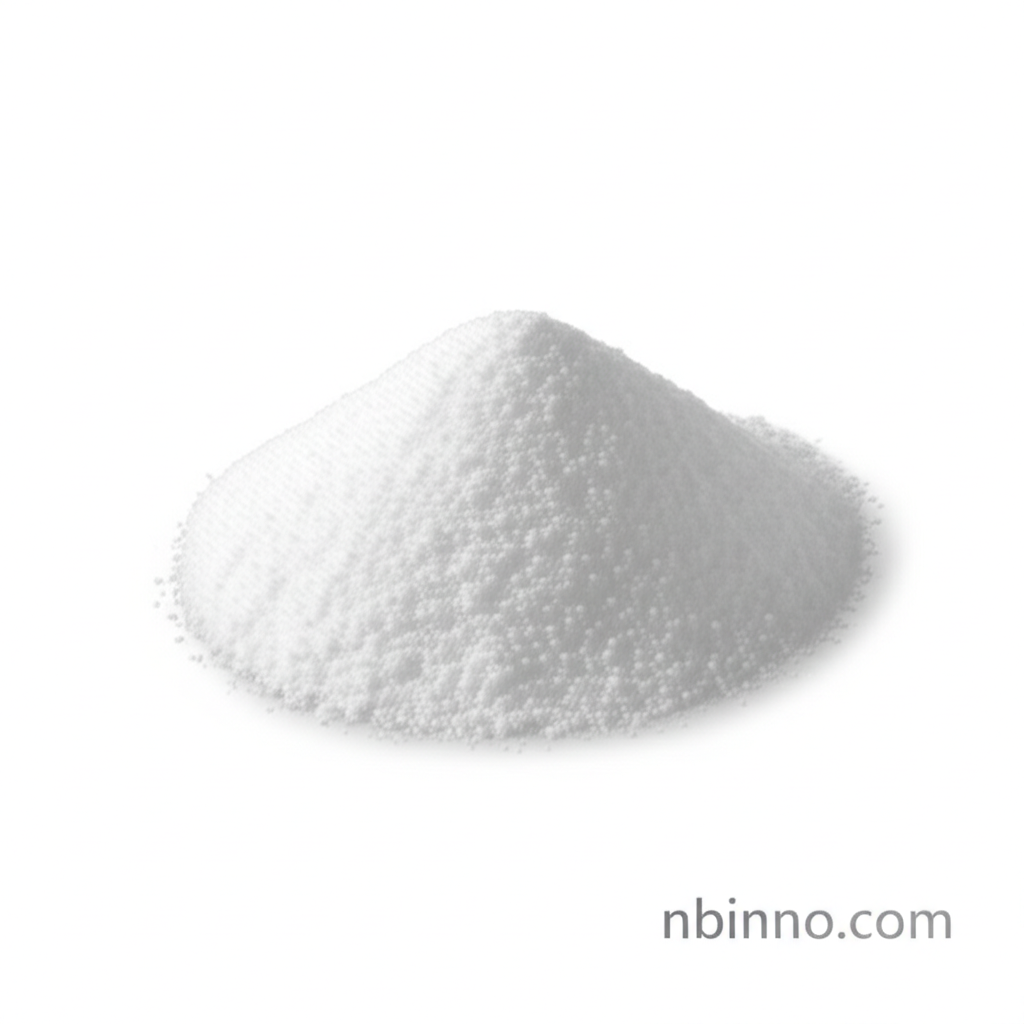Glycyl-L-Proline (CAS 704-15-4): Properties, Applications, and Synthesis of a Key Dipeptide
Discover the essential properties and diverse applications of Glycyl-L-Proline, a critical dipeptide for pharmaceutical and biochemical research.
Get a Quote & SampleProduct Core Value

Glycyl-L-Proline
Glycyl-L-Proline (CAS 704-15-4) is a dipeptide formed by the linkage of glycine and L-proline. It presents as a white crystalline solid, boasting a melting point of 185°C. Its key value lies in its utility in pharmaceutical research, particularly for its reported anti-ischemic effects on neuroactive amino acids and energy turnover in the brain's neocortex. Furthermore, it functions as a crucial substrate for Prolidase, an enzyme vital for protein metabolism, making it indispensable for enzyme research and the study of protein-related diseases.
- Explore the detailed Glycyl-L-proline CAS 704-15-4 properties to understand its chemical behavior and stability for research applications.
- Understand the critical Glycyl-L-proline pharmaceutical applications, including its potential in treating conditions like brain ischemia and its role in neurochemical research.
- Investigate Glycyl-L-proline as an enzyme substrate, particularly its interaction with Prolidase, which is essential for various biological processes and disease studies.
- Learn about the various Glycyl-L-proline synthesis routes and discover reputable Glycyl-L-proline manufacturers and suppliers for reliable sourcing.
Key Advantages
Pharmaceutical Relevance
Leverage Glycyl-L-proline for its potential anti-ischemic effects, contributing to advancements in therapeutic strategies for neurological conditions.
Enzymatic Research Tool
Utilize Glycyl-L-proline as a vital substrate in enzyme research, aiding in the comprehension of Prolidase function and its implications in metabolic disorders.
Chemical Purity and Stability
Benefit from the reliable purity of Glycyl-L-proline, essential for consistent and accurate results in biochemical assays and synthesis.
Key Applications
Pharmaceutical Research
As a Glycyl-L-proline pharmaceutical intermediate, it plays a role in drug discovery and development, particularly for conditions affecting the brain.
Biochemical Studies
Glycyl-L-proline is instrumental in biochemical studies, serving as a specific substrate for enzymes like Prolidase to understand metabolic pathways.
Enzyme Kinetics
Its defined role as an enzyme substrate makes Glycyl-L-proline valuable for characterizing enzyme activity and kinetics in various biological systems.
Peptide Synthesis
As a dipeptide, Glycyl-L-proline is a fundamental building block in peptide synthesis, essential for creating more complex biomolecules.
